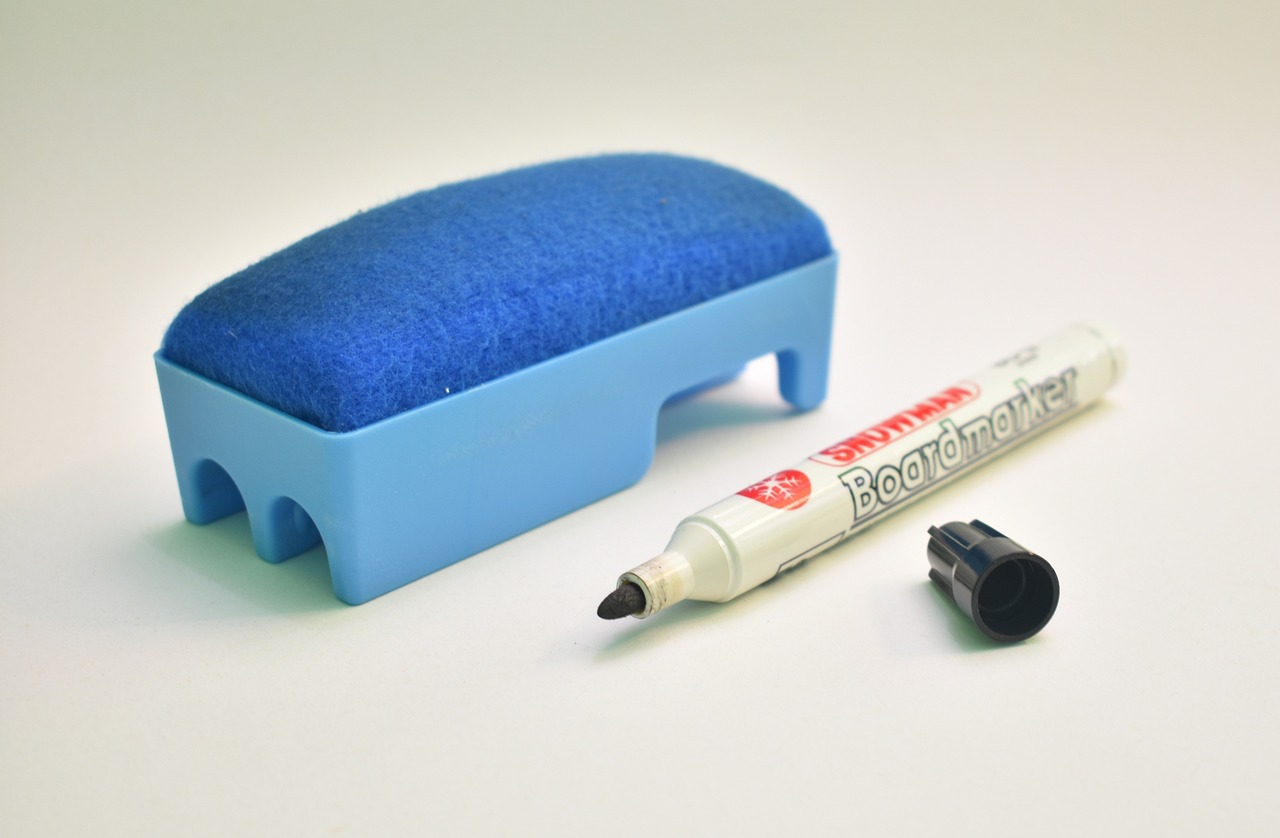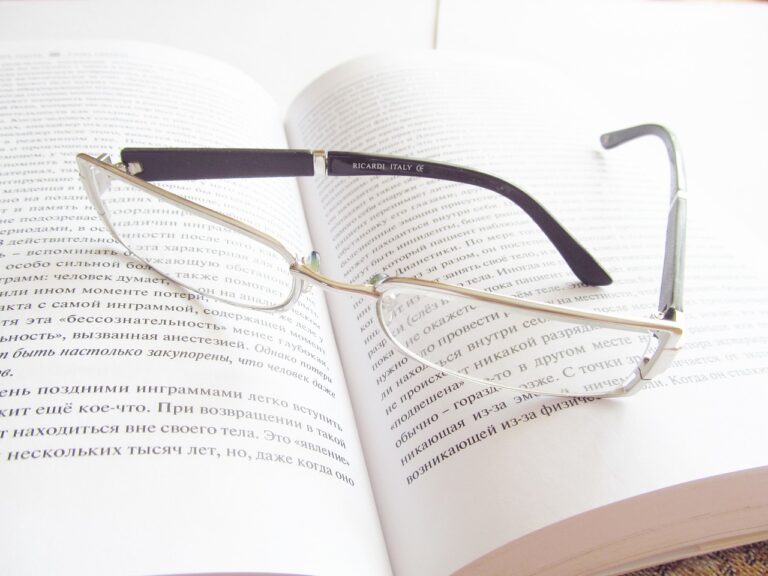The Role of Peer Assessment in Improving Student Learning
Peer assessment is a method in which students evaluate the work of their peers. This process involves providing feedback and constructive criticism on the quality of their classmates’ assignments or projects. It is a valuable tool used in educational settings to encourage students to engage critically with the work of others, fostering a culture of collaboration and continuous improvement.
Through peer assessment, students have the opportunity to develop their analytical skills and gain a deeper understanding of the subject matter. By evaluating the work of their peers, students can enhance their own learning experience and improve their own academic performance. Additionally, peer assessment promotes a sense of responsibility and ownership over one’s work, as students actively participate in the evaluation process.
Benefits of Peer Assessment
Peer assessment provides students with valuable opportunities to learn from one another and gain new perspectives on their work. By receiving feedback from their peers, students can deepen their understanding of the subject matter and improve their overall academic performance. This process fosters a sense of collaboration and builds a supportive learning community where students feel empowered to help one another grow and succeed.
Furthermore, engaging in peer assessment helps students develop essential communication and interpersonal skills. As they provide constructive feedback to their peers and receive feedback in return, students enhance their ability to articulate their thoughts effectively and respectfully. These communication skills are crucial not only for academic success but also for future professional endeavors, where the ability to give and receive feedback is highly valued.
Peer assessment also promotes critical thinking and self-reflection among students. By evaluating their peers’ work, students are encouraged to think critically about the criteria for success and analyze the strengths and weaknesses of different approaches. This process not only enhances their own understanding of the subject matter but also encourages them to reflect on their own work in a more objective manner.
• Encourages critical thinking
• Promotes self-reflection
• Enhances understanding of subject matter
Additionally, peer assessment can help reduce the workload on instructors by involving students in the evaluation process. With peer assessment, teachers can allocate more time to providing personalized feedback and guidance to individual students, rather than spending excessive time grading assignments. This collaborative approach also empowers students to take ownership of their learning and become more actively engaged in the educational process.
• Reduces workload on instructors
• Allows for personalized feedback from teachers
• Empowers students to take ownership of their learning
How Peer Assessment Enhances Critical Thinking Skills
Utilizing peer assessment in educational settings has been shown to significantly boost students’ critical thinking skills. By engaging in evaluating their peers’ work, students are prompted to analyze, question, and provide constructive feedback, which in turn fosters deeper critical thinking abilities. This process challenges students to think beyond surface-level understanding and encourages them to consider multiple perspectives before forming judgements.
Furthermore, peer assessment promotes an environment of collaboration and active participation among students. Through the evaluation of their peers’ work, students are encouraged to communicate their thoughts and reasoning effectively. This not only hones their critical thinking skills but also enhances their ability to articulate and defend their opinions, ultimately leading to a more enriched learning experience.
What is peer assessment?
Peer assessment is a process where students evaluate the work of their peers, providing feedback and constructive criticism to help improve their learning.
What are the benefits of peer assessment?
Some benefits of peer assessment include promoting collaboration, developing communication skills, enhancing self-reflection, and providing a different perspective on one’s work.
How does peer assessment enhance critical thinking skills?
Peer assessment challenges students to think critically about their own work as well as the work of others. It requires them to evaluate evidence, analyze arguments, and make informed judgments, all of which are essential components of critical thinking.
Can peer assessment improve overall academic performance?
Yes, peer assessment can lead to improvements in academic performance as students receive feedback from multiple perspectives, identify areas for growth, and work towards refining their skills and knowledge.
What strategies can be used to implement effective peer assessment?
Some strategies for effective peer assessment include setting clear evaluation criteria, providing guidelines for giving feedback, promoting a culture of respect and constructive criticism, and encouraging students to reflect on the feedback they receive.







